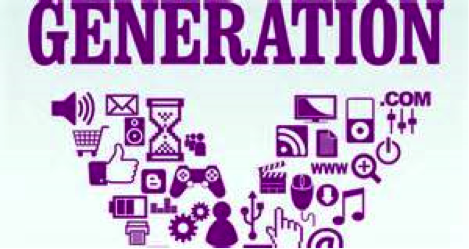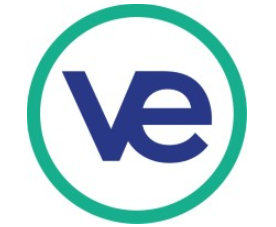The Millennial Generation and Politics

Statistically, millennials are the least politically involved generation. According to the United States Census Bureau, the percentage of citizens aged 18-to-29 that voted in the 2012 election was 45%, compared with the overall rate of 61%. That is much less when contrasted with the 72% of people 65 years or older who voted in 2012.
And yet, shockingly, millennials are gradually becoming more politically and globally involved. Why are we seeing this change? It all began with the increasing amount of information available via the Internet and how fast that information reached people. News in the modern world travels like wildfire. People, specifically those in their teens to their thirties, know about things that just happened and even things going on live. When a global event like the FIFA World Cup occurs, the information surrounding the event becomes available to literally everyone around the globe. When a tragedy strikes, it too becomes known to many people. We live in an age defined by technological advancements.
So, what’s trending? Is it Hurricane Patricia? The World Series? Halloween? What about Donald Trump, President Obama, or the Republican debate? Social media now plays a major factor in why we are suddenly seeing millennials getting so politically active. Our generation is so into social media that we are learning about politics and global issues at a greater rate. Would you know Hurricane Patricia was the biggest and most powerful storm on record if you weren’t on social media? Not a lot of you would. According to Facebook, there are 1.49 billion monthly active users as of June 30, 2015. That’s crazy! It shouldn’t be a surprise that this generation is becoming so involved.
We’ve all obviously heard of Donald Trump, right? Some people find him entertaining and, therefore, follow him on social media. Some have probably watched the Republican debates or the Democratic debate, or maybe both. There’s a pretty good chance that people even have already chosen in their minds who they’ll vote for. This exposure helps young Americans gain their voices, which are often formed from social media. Indeed, the millennial generation is seeing change.


